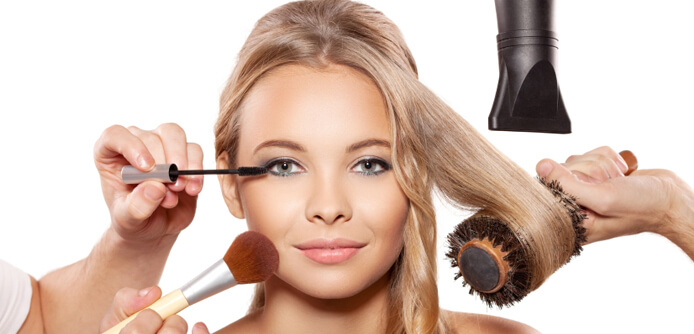Be confident on your own skin and embrace your own brand of beauty. These are just some of the cliché statement that we often hear to boost the confidence and self-esteem of those who are feeling left out of the current “beauty” standards. These are simple reminders that beauty isn’t defined by how we physically look or the color of our hair or skin, or our ethnicity. But still many people succumb to society’s beauty standards without even asking themselves where these ideals came from.
Media plays a big role in embedding the idea and standards of beauty. It has been the conductor that has set which tone our bodies should look like or what to wear. We dye our hair. We tan or bleach our skin. Some even go through surgeries just to feel beautiful. And with the integration of photoshop and photo manipulation in advertising, the media is now planting an unrealistic image of beauty – something that is by all means unattainable in the real world. The social media platforms are becoming tools to get a closer look at the luxurious life the elite and celebrities have. Everything now comes up edited and filtered.
The use of these unrealistic representations to represent real world beauty is stretching the limits of those who badly want to conform to the social definition of beauty. Those who are seeing these images are getting dissatisfied with their own bodies. Young girls are starving themselves to achieve that “perfect body” they’ve seen in a fashion magazine. They poke their throats to fit in to that “sexy” dress they bought from an expensive boutique. And some go through emotional trauma trying to fit in to the “beauty” that the media is feeding us with.
In the Philippines, we have seen how beauty standards have shifted from being like a Latina, to Asian stars, to trying to become a western celebrity. This is how beauty is defined nowadays. A lot are made to feel unconfident in their own skins anymore. It has gone even worse that a quick trip to you makeup artist or shopping around Manila isn’t enough. And those who are able to bend, twist, and fold themselves to become “beautiful” are left with physical, emotional, and financial marks for trying too hard. What’s even more alarming is that these beauty standards are becoming a reason for other people to shame those who are on the polar opposite end, leading to discrimination.
And then we ask ourselves if it really takes rigorous amount of stress just to be beautiful? Is this how we really want to define beauty? It is about time to abandon the social standards of beauty and be truly confident with ourselves through setting up attainable and realistic beauty standards. This is a wakeup call to make the change start within ourselves by asking ourselves of the things that will make us happy in our own skin. Let us stop patronizing media standards of beauty and appreciate ourselves more. ‘Cause this goes out unfiltered and unedited, we are beautiful beings.
Related Articles:



